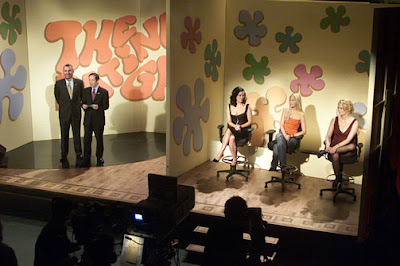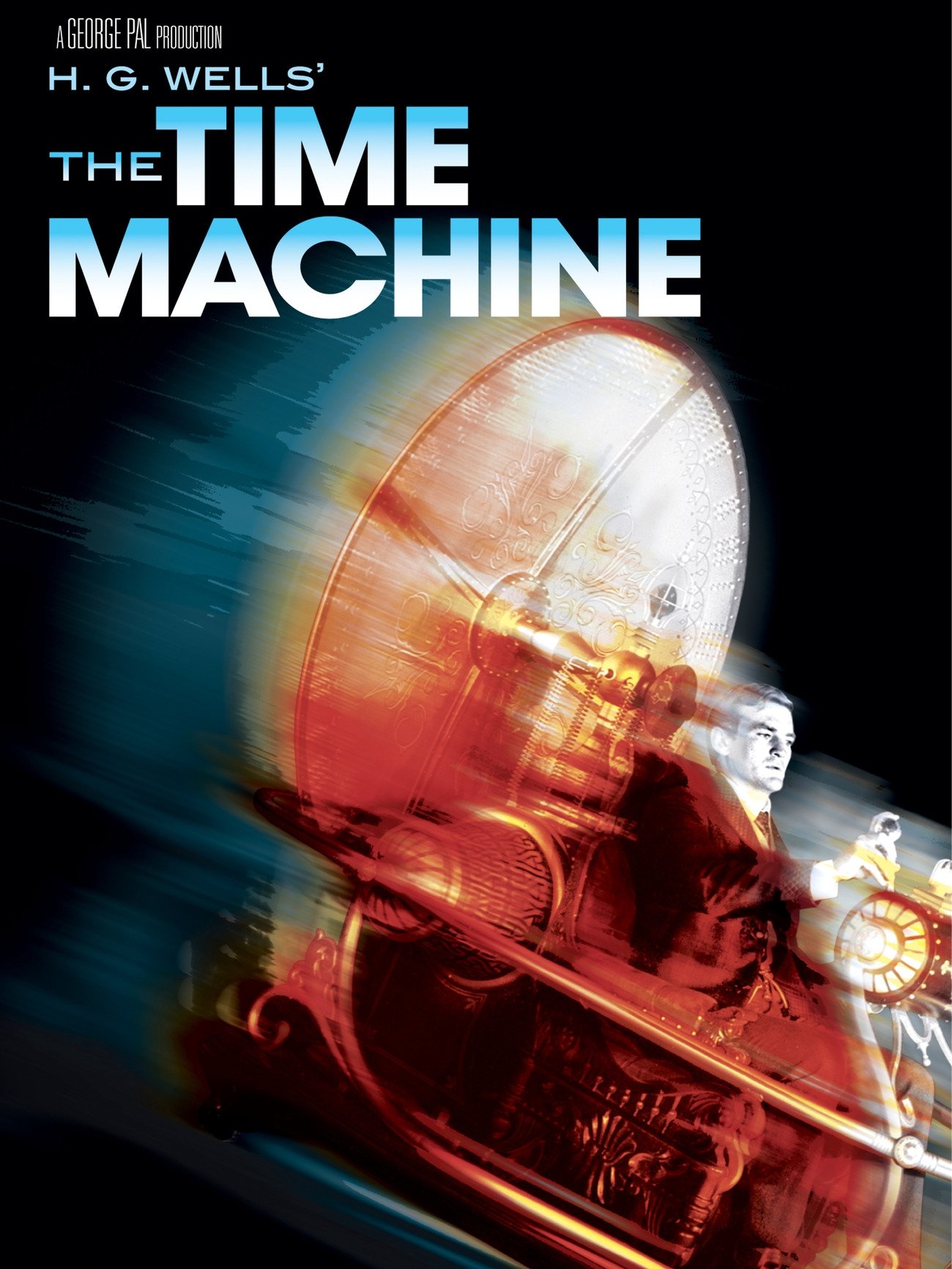

The PAC retaliates by calling a work stoppage that lasts for two weeks. In the Western Cape, police opens fire and two people are killed. Police at Sharpeville open fire on peaceful protesters killing sixty-nine and injuring 180. Police shooting at peaceful demonstrators in Sharpeville against Pass Laws for Africans: 69 men, women and children are killed and about 200 wounded. Non-cooperation between peers in different student political groupings makes matters worse. However none of these organisations survives long, since identification with banned movements is hazardous, and university authorities are hostile to student political groups.


Sharpeville Massacre: In the wake of Sharpeville, African students loyal to the African National Congress (ANC) establish the African Students' Association (ASA), PAC sympathising students form the African Students' Union of South Africa (ASUSA), and those loyal to the Non-European Unity Movement (NEUM) form other organisations in the Cape and Natal. 21 March, At Sharpeville the police open fire on the unarmed and peaceful crowd, killing 69 and wounding 186. 20 March, Rioting and arson in Pondoland. March - April, Nation-wide strikes in response to banning of the ANC. March, The ANC announces that its anti-pass campaign will start at the end of March 1960. 6 February, Walter Sisulu attends a secret meeting of the ANC at Macosa house, Johannesburg, with Ahmed Kathrada. 3 February, British Prime Minister Harold Macmillan states in South African Parliament that Britain cannot support South Africa's racial policies. Albert Luthuli warns White South Africans that resentment among Africans is building up. (New York Times) February, The Pondoland Rebellion: an uprising of peasants in the Transkei Protests and open rebellion breaks out in Pondoland. Commissioner of Police subsequently testifies that South African police are meeting increasing hostility from Africans in the routine performance of their duties. 24 January, Rioting by Africans in Cato Manor (Durban) results in the death of nine policemen. 1960 1 January, Minister of Bantu Education assumes control of University College of Fort Hare.African students are prohibited from attending formerly "open universities" except the University of South Africa and Natal Medical School.


 0 kommentar(er)
0 kommentar(er)
